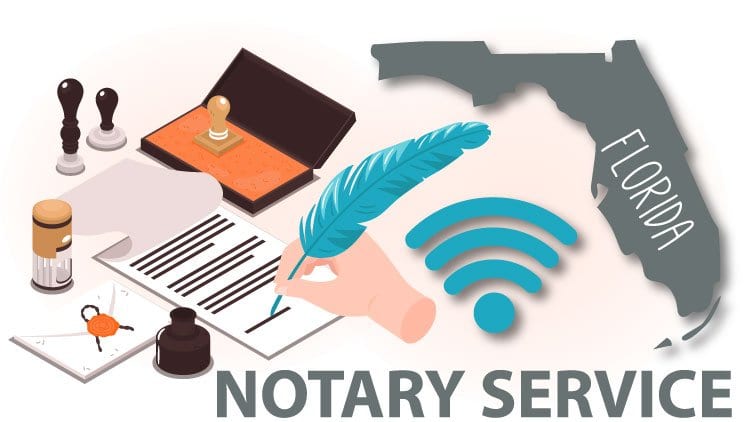Understanding Apostille: Simplifying International Record Legalization
Understanding Apostille: Simplifying International Record Legalization
Blog Article
Demystifying Notarial Work: Simplifying the Duty and Significance of Notaries
Their duty, frequently shrouded in enigma for many, lugs significant weight in making certain the validity and stability of crucial papers. By untangling the complexities surrounding notarial practices and losing light on the importance of their acts, a clearer understanding arises of the crucial function notaries play in maintaining the textile of legal and contractual agreements.
The History of Notarial Job
How did notarial work evolve with time to become an essential part of legal and company deals? The history of notarial work dates back to ancient civilizations, where scribes played an important role in videotaping crucial info and confirming files. As cultures progressed, the need for an extra formalized system to make certain the legitimacy of arrangements occurred. This brought about the advancement of notaries, people selected by the state to serve as impartial witnesses in legal matters.
During the Center Ages, notaries gained prestige in Europe, with their functions broadening to include drafting lawful files, licensing signatures, and protecting documents. The increase of international trade further emphasized the value of notarial job in confirming contracts and arrangements across boundaries.
In the modern era, notaries remain to play a vital function in lawful and organization transactions by verifying identities, validating the authenticity of papers, and preventing scams. Their role in licensing the credibility of contracts adds a layer of safety and depend the ever-evolving landscape of business and regulation.

Duties and Responsibilities of Notaries
Notaries play a vital duty in validating the credibility of files and the identification of signatures. One of their key duties is to witness the finalizing of important records, such as wills, agreements, and actions, to guarantee that all celebrations are getting in right into contracts purposefully and willingly.
Moreover, notaries are tasked with providing oaths and affirmations, which are crucial in lawful proceedings and the execution of sworn statements. They certify duplicates of original documents, offering assurance to establishments that the duplicates are true replicas of the originals. Notaries should keep precise records of all transactions they look after to guarantee transparency and responsibility. In general, the duties and responsibilities of notaries are important in guarding the stability and legality of numerous records and transactions.
Notarial Certificates and Signatures
Exemplifying thorough attention to detail, notarial certifications and signatures work as vital elements in validating the credibility of lawful records. Notarial certifications typically contain crucial info such as the day of registration, the names of the notaries, a summary of the document, and the notary's official seal. These certifications supply a clear document of the notarial act, making certain that the document can be quickly determined and traced back to the notary that supervised the procedure.
Signatures play an essential function in notarial job, as they symbolize the agreement and authorization of the celebrations click here for more included. Notaries meticulously witness the signing of papers to validate the identification of the signatures and confirm that they are signing of their own free choice. By fastening their main seal and trademark to the paper, notaries certify that the required procedures have been followed and that the paper is legitimate and enforceable.
Essentially, notarial certifications and signatures are check these guys out the hallmark of credibility in legal deals, supplying guarantee to all celebrations involved that the documents are reputable and binding.
Importance of Notarial Acts

Notarization Refine Clarified
Discussing the registration process provides clarity on the vital actions associated with validating lawful files. The registration process normally starts with the private providing the file to a notary public. The notary after that verifies the signer's identification with acceptable recognition techniques. Once the identity is confirmed, the notary makes certain that the individual authorizing the record does so voluntarily and without any type of threat.

Verdict

Notarial certifications normally contain important information such as the date of notarization, the names of the notaries, a summary of the file, and the notary's official seal. These certificates provide a clear document of the notarial act, making certain that the record can be easily recognized and mapped back to the notary who looked after the process.
By fastening their main seal and signature to the record, notaries accredit that the necessary treatments have actually been followed and that the record is enforceable and legitimate.
By validating the identification of the signatures, validating their desire to enter into the agreement, and accrediting the date and location of the finalizing, notaries play a vital duty in supporting the credibility of legal documents.After the record is authorized, the notary will attach their main seal or stamp onto the document.
Report this page